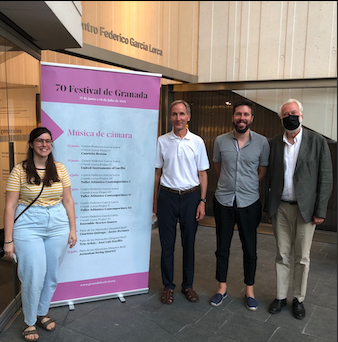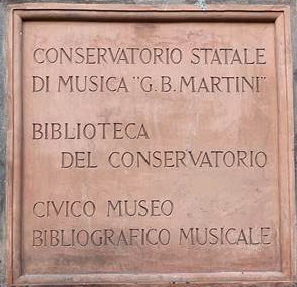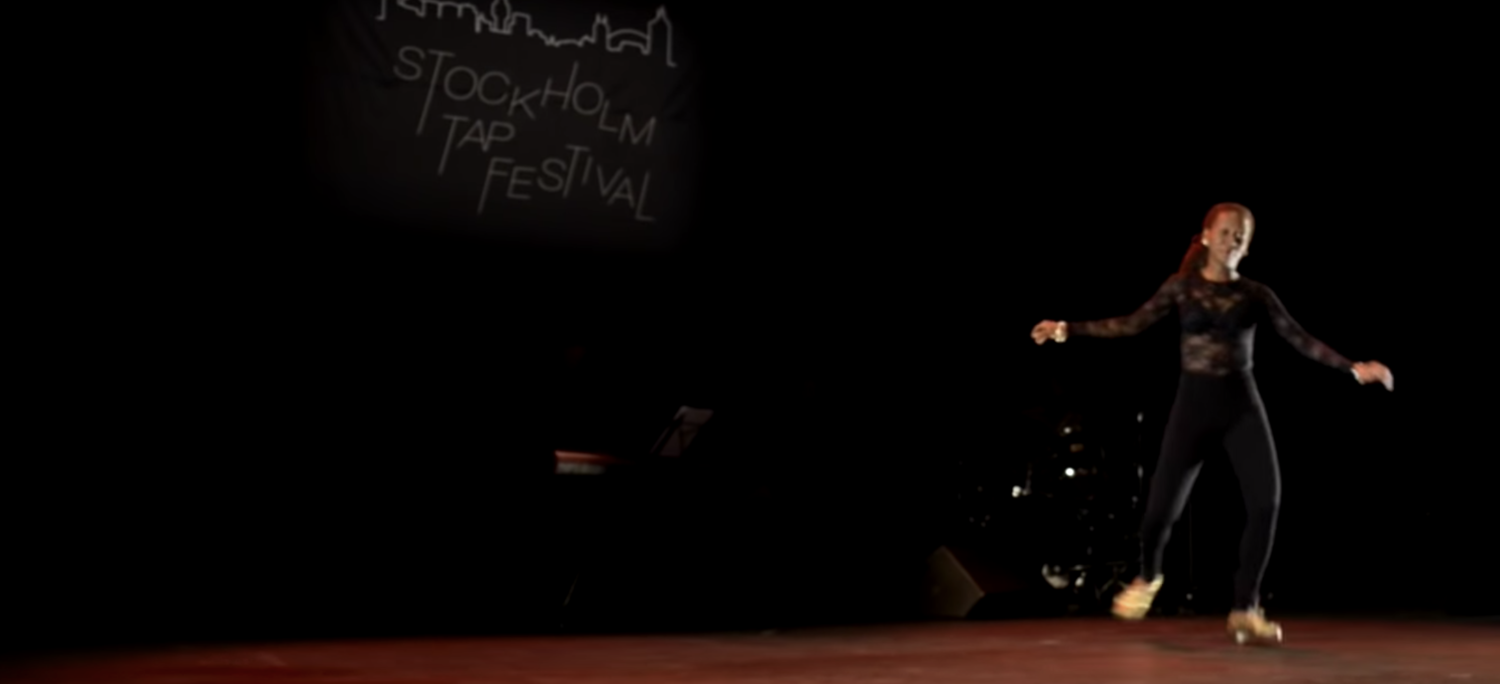Video in Music Theory
Three vignettes:
1. the speech-to-song illusion, made famous by Diana Deutsch in 2011
(Elizabeth Margulis, “Repetition and Musicality,” SMT-V 1.1 (2015))
Founded in 2014, SMT-V is the peer-reviewed video journal of the national Society for Music Theory, presenting video essays that engage both specialists and a broader community.
2. “Imperial March” (Darth Vader’s theme) by John Williams, from Star Wars
The harmonic progression that begins this theme, a G-minor triad moving to an E-flat-minor triad and back, commonly signals an evil adversary. The association goes back to Wagner’s Das Rheingold, where the “Tarnhelm” progression (G#-minor triad to E-minor triad and back) signifies dark magic.
(Theorist Scott Murphy, in The Oxford Handbook of Film Music Studies (2013) dubs the progression “m8m”: two minor triads, whose roots are separated by 8 semitones. For his explanation for non-specialists of such progressions and their film-music associations, see https://www.youtube.com/watch?v=YSKAt3pmYBs. Matthew Bribitzer-Stull, in Understanding the Leitmotif: From Wagner to Hollywood Film Music (Cambridge University Press, 2015) traces the progression’s associations to Wagner’s Rheingold.)
3. rhythm-tap artist Dormeshia, improvising with a funk/jazz trio, Stockholm Tap Festival 2013 (Duke Ellington “In a Sentimental Mood”)
Theorist Kara Yoo Leaman (SMT 2021) explores how Dormeshia Sumbry-Edwards, perhaps the greatest tap artist of her generation, improvises like a jazz musician, using her taps as her instrument. In the passage at 5:20–6:35, Dormeshia “trades fours” with the bassist (alternating four-measure solos). Leaman shows how Dormeshia responds to rhythmic and melodic ideas introduced by the bassist. For instance, after the bass solo at 6:23, Dormeshia begins with a “high, low, high-low” pitched pattern that echoes the bassist’s opening motive, using brush steps (which engage only the ball taps) for the higher pitches, and stamps on the full foot (engaging her body weight) for the lower pitches.
The three vignettes above demonstrate the interdisciplinary nature of music theory: they engage music cognition, semiotics (here musical meaning), and dance. They also suggest the breadth of the repertoires explored by music theory, from “classical” music to film music to jazz.
– Daphne Leong
FACULTY NEWS
In July 2021, the international Granada Festival of Music and Dance presented all twelve of George Crumb’s song cycles based on the writings of Spanish poet Federico García Lorca. In connection with these performances, Steven Bruns presented six lectures for the graduate seminar hosted by the University of Granada and the Festival. He also published liner notes for Marcantonio Barone’s premiere recording of Crumb’s suites for piano, Metamorphoses, Books I & II (2017, 2020), released by Bridge Records in honor of the composer’s 92nd birthday.

In May 2020, Karin Buer successfully defended her doctoral dissertation Variations on a Theme of Robert Schumann: Intertextual References and Private Meaning in Clara Schumann’s Opus 20 and Johannes Brahms’s Opus 9, for which she received the “UNC School of Music Distinguished Student Award.” She and her husband Adam celebrated the birth of their first child, Anika, this April.

Keith Waters is collaborating with Brian Levy of New England Conservatory on a book on jazz improvisation, recently accepted for publication by Oxford University Press. In September, Keith and Brian were invited to the Martini Conservatory in Bologna and the Pergolesi Conservatory in Fermo, Italy, to present their work. Keith performed at the Niwot Jazz Festival with Washington DC-based jazz singer Sharón Clark in September and at the Durham NC Jazz Workshop with guitarist Scott Sawyer in November.
Daphne Leong led a workshop on cross-disciplinary collaboration for the international symposium Dialogues: Analysis & Performance, held in Toronto in October. Two articles, relating analysis and performance in Crumb and in Babbitt, are forthcoming in collections entitled Music Performance Encounters and Playing Babbitt in the 21st Century. While she relished the challenge of teaching interactive music theory classes through zoom, Daphne is immensely relieved to be back in the physical classroom, exploring new avenues, composers, and repertoires with her intrepid students!
Philip Chang continues to serve on the program committee for the conference Pedagogy into Practice, at Michigan State University, June 2022.
Yonatan Malin published a chapter on music and poetry in The Songs of Fanny Hensel, edited by Stephen Rodgers (Oxford University Press, 2021). He is currently working on a book on Klezmer (Jewish instrumental music from Eastern Europe), tentatively titled Vessels of Song: Idiom and Expression in Klezmer Music. Yonatan is part of a research and development team for the Klezmer Archive Project, which received a $50,000 Digital Humanities Advanced Grant from the National Endowment for the Humanities. In his teaching, Yonatan has enjoyed exploring new repertoire with students including music by Samuel Coleridge Taylor and Florence Price.
In response to the changing needs of our students and our culture, Mark Arnett has partnered with Philip Chang and Yonatan Malin to reimagine our undergraduate theory and aural skills core to include a more broadly represented body of topics and music. Now in the implementation phase, students are encountering blues forms, jazz harmonies, harmonic patterns in pop music, improvising, composing and developing their sense of rhythm through drumming. Mark is also working towards a future topics course in American Vernacular Music, to include a deeper dive into the diverse musical expressions of 20th-21st century America.
ABOUT THE MUSIC THEORY DEPARTMENT AT THE UNIVERSITY OF COLORADO BOULDER
Our faculty are Mark Arnett, Steven Bruns, Karin Buer, Philip Chang, Daphne Leong, Yonatan Malin, and Keith Waters (chair).
Visit the department home page for more information.
Header photo: Dormeshia Sumbry-Edwards, Stockholm Tap Festival (2013)
